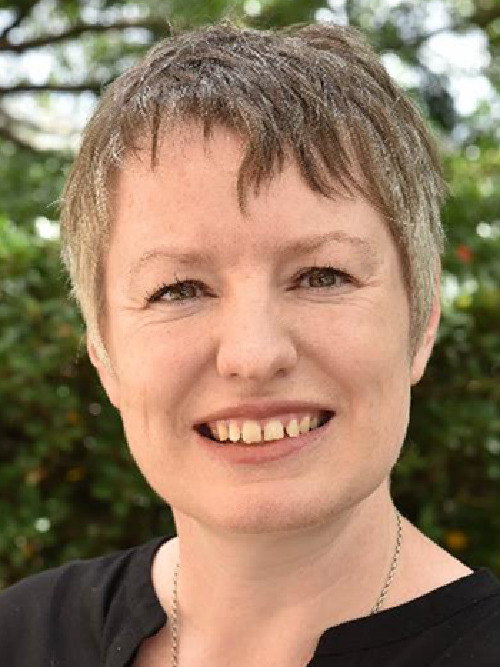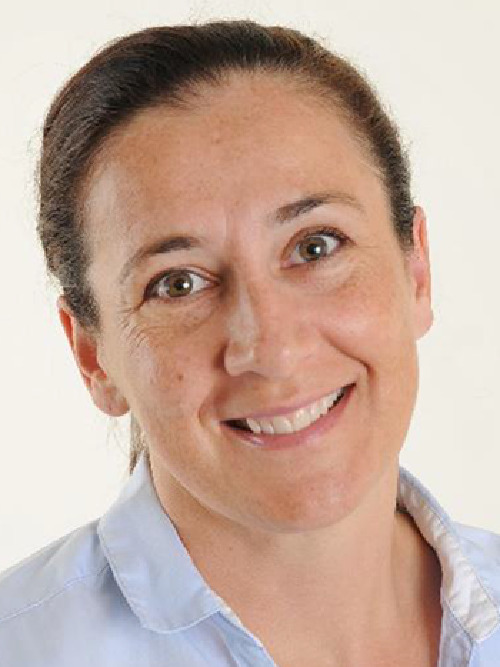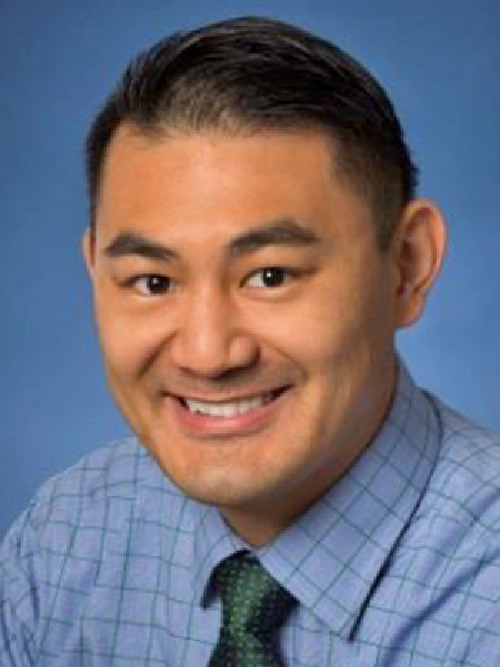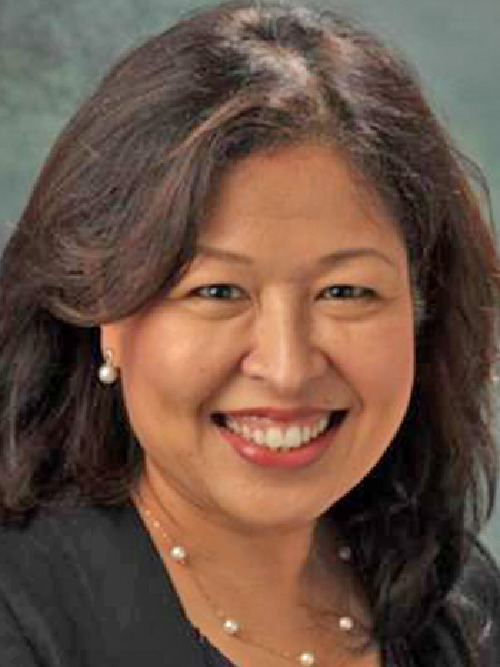Abstract
The COVID-19 pandemic poses daily challenges to the entire oncology workforce. Staff members must absorb multiple executive briefings, adapt to escalating scenario modelling, and seamlessly execute ever-changing operational modes in real-time. The unique threat of looming re-deployment and rationing care add to the uncertainty. We highlight the need for qualitative research to understand the psychosocial impact of these challenges. We posit that the perspective of all team members should be explored: from doctors to ancillary staff.
Keywords: Health systems response, Cancer care workforce, Pandemic, Health services research
Abbreviations: COVID-19, coronavirus disease 2019; SARS, severe acute respiratory syndrome
Adapting to change during COVID-19
The global COVID-19 pandemic has challenged health systems to rapidly adapt to dynamic and uncertain circumstances. Key emerging themes in pandemic ‘hot-spot’ areas have included resource shortages (both material and personnel) and patient overruns. Government and institutional responses have focused on population-health measures (such as social-distancing, promotion of hand hygiene) and health-system planning (such as redeployment training and treatment rationalisation).
For oncology settings, the convergence of several unique features in this pandemic represents a complex problem. These include the risk of adverse oncological outcomes owing to restricted ability to diagnose and treat malignancy, and the concern about iatrogenic exposure of a vulnerable population to the virus through hospital visits [1]. Additionally, in cancer care, a step-wise triage system has been advocated, where non-curative treatments are withdrawn first [1]. The challenge of treating cancer during COVID-19 has been likened to a war, with potential moral hazards to cancer-care staff arising from decision-making around treatment restriction compared to those facing combatants in conflict zones [2,3].
Healthcare workers are a known at-risk population for COVID-19 infection due to exposure. In certain areas, high rates of absenteeism owing to sickness are reducing oncology service staff numbers [4]. Moreover, increased interfaces from concerned patients and family owing to COVID-19-related queries threaten to overwhelm information providers such as those staffing telephone cancer support lines [4]. The challenge of providing ongoing high-quality cancer treatment is matched by difficulties in continuing psychosocial support for patients, carers and work colleagues alike.
The pace of change to diversify models of cancer care delivery during the COVID-19 pandemic has been swift. Like in other disasters, the adoption of telehealth solutions as part of social distancing measures has been widespread including in the oncology clinic [5]. Clinician willingness, issues with reimbursement and healthcare service organisation have been previously raised as barriers to the use of telehealth. COVID-19 has prompted reimbursement and service infrastructure barriers to be overcome with clinicians and administrators obliged to rapidly upskill. Likewise, interruptions to clinical trials in the oncology space have required rapid responses from investigators, ethics committees and regulators [6]. Interruptions to oncology clinical trials have limited cancer patients’ access to emerging treatments, and ramifications of the pandemic have reverberated throughout academia. Concerns include interruption of research funding amongst a wider economic slowdown, social distancing requiring rationalisation of on-site research staff and ethics of exposing vulnerable advanced cancer patients to coronavirus [6].
Psychosocial burdens on the cancer workforce
The impact on frontline workers’ psychosocial health from previous disasters has been documented, although evidence specific to oncology services is notably limited. However, lessons relevant to the current pandemic can be drawn from the previous SARS outbreak in 2003, reported in general hospital and palliative care settings. In Hong Kong, anxieties related to supplies of effective personal protective equipment, a feeling of reduced self-efficacy, and concern about contracting the disease and spreading it to family members [7]. Perceived ambiguity of strategy and dissemination of information was noted, which was exacerbated by frequent changes to policies and restructuring of services [7]. Similar experiences were reported in healthcare workers in a Toronto hospital [8]. Here, the perceived sense of danger was heightened by intense media coverage. Workers who were deemed 'non-essential' felt isolated and ineffective, whilst those still working had burdensome workloads, as voluntary quarantine placed greater workload on the remaining staff [8].
A further study from a palliative care service in Singapore identified adverse emotional responses including anger, frustration, powerlessness and fear amongst patients and staff [9]. Patients and healthcare workers were confronted with difficult realities including having limited access to friends, families and healthcare professionals, having to weigh up risks and benefits of treatments, and facing death in isolation [9].
COVID-19 psychosocial impacts: Capturing the entire oncology workforce
In the current pandemic, support for oncology clinicians is essential. Novel communication strategies (aiming for clarity and compassion), sympathetic work-scheduling, access to refreshments while on-shift and encouraging peer support are vital [10]. Further innovations such as convening a wellness committee and surveying medical staff for signs of distress have been suggested [10]. We posit that such initiatives should be inclusive of all members of the cancer care team, clinical and non-clinical alike.
The day-to-day cancer care workforce delivering quality care comprises not only doctors, nurses and allied health, but also administrative and ancillary staff—for example, clinic clerical staff, food services and cleaners. The intense emotional burden of preparing the health system to meet the requirements for an impending peak during the COVID-19 pandemic affects the entire team, but holistic data relating to all team members in such diverse roles are lacking. We postulate that the psychosocial impact of difficult decisions in the workplace, including looming re-deployment, or the potential need to prioritise and ration cancer care during the pandemic trajectory has a ripple effect across the entire workforce, and threatens staff well-being. Such impacts must be understood from all perspectives, to optimise recovery [10].
To explore this inclusive angle, we have commenced a qualitative research project relating to the COVID-19 pandemic across 3 cancer care departments in Queensland, Australia. We have approached this by developing a diary prospectively documenting organisational changes, paired with a weekly survey encompassing diverse members of our oncology workforce. Content analysis from our pilot data, which included nurses, clerical staff, allied health professionals, ancillary workers and doctors described common reflective strategies to respond to rapid change during COVID planning. The core theme was Strategies for Protection, which included clothing and equipment, cleaning and isolating from one's family.
Strikingly, the common finding from the 2003 SARS experience reported in Hong Kong and Toronto is that those who have most direct contact with patients (eg, nurses), have the highest levels of stress. Administrative staff such as outpatient clerics and ancillary workers such as food services are not always visible as front-line workers but are not exempt from distress and are largely neglected from research and support intervention strategies. We urge researchers and opinion leaders to consider all staff involved in cancer care when planning COVID-19-related psychosocial interventions.
Conflicts of interest
The authors have no disclosures in relation to the content discussed.
CRediT authorship contribution statement
Harry Gasper: Conceptualization, Software, Formal analysis, Investigation, Writing - original draft, Project administration. Elizabeth Ahern: Conceptualization, Methodology, Software, Formal analysis, Investigation, Writing - review & editing, Project administration. Natasha Roberts: Methodology, Formal analysis, Data curation, Writing - review & editing, Visualization. Bryan Chan: Formal analysis, Investigation, Data curation, Writing - review & editing. Zarnie Lwin: Conceptualization, Methodology, Software, Formal analysis, Investigation, Writing - review & editing, Supervision.
Acknowledgments
We would like to sincerely thank A/Prof David Wyld, A/Prof Melissa Eastgate, A/Prof Brett Hughes and A/Prof Glen Kennedy.
This research did not receive any specific grant from funding agencies in the public, commercial, or not-for-profit sectors.
Our study is being performed with approval from the Royal Brisbane and Women's Hospital Human Research and Ethics Committee. Ref: LNR/2020/QRBW/62982.
Biographies

Dr Harry Gasper: Dr Gasper is an Early Career Researcher and Medical Oncologist working as a Clinical Research Fellow within Cancer Care Services at Royal Brisbane and Women's Hospital. He has interests in immune-oncology, translational research and holistic patient care. His current appointment is in affiliation with Queensland Institute of Medical Research Berghofer (QIMRB) where he is engaged in a project looking into the immune correlates in a cohort of melanoma brain metastases. He is also a principal investigator in multiple translational and clinical research projects.

Dr Elizabeth Ahern: Dr Ahern is a Medical Oncologist working as the Clinical Research Fellow at Royal Brisbane and Women's Hospital (RBWH). She has a strong interest in preclinical and translational research in the topic of immune-oncology and immunotherapies. Dr Ahern is an early career researcher. She is a PhD candidate at Queensland Institute of Medical Research Berghofer (QIMRB) (immune-oncology preclinical research). She is a principal investigator on several translational immune-oncology projects, focusing on preclinical immunological correlates of immunotherapy in lung, head and neck and colorectal cancer and melanoma. She has an interest in the development of investigator-sponsored trials of neoadjuvant immunotherapy.

Natasha Roberts: Natasha Roberts is a Specialist Nurse and Early Career Researcher with 20 years clinical experience, including 10 years in oncology care. She is an experienced mixed methods researcher, with expertise in range qualitative research methods. Natasha's research activity has been multi-disciplinary with a focus on in health services, quality of life and human experience. Natasha Roberts completed her PhD with Queensland University of Technology investigating implementation of Patient Report Outcomes in routine oncology care. She is a member of the Clinical Oncology Society of Australia Clinical Trial Research Professionals Group sub-committee and secretary for the International Society for Quality of Life Australia New Zealand Special Interest Group.

Dr Bryan Chan: Dr Chan is a Medical Oncologist and Senior Lecturer from the Sunshine Coast University Hospital, University of Queensland and Griffith University. He completed a Clinical Research Fellowship with the University of Toronto and Princess Margaret Cancer Centre in Toronto, Canada where he was also Chief Oncology Fellow. Bryan is the Oncology Quality and Safety Lead and his research interests include Quality and Safety and health services research. He recently obtained a Masters in Clinical Epidemiology and is actively involved as an investigator in multiple thoracic, gastrointestinal and neuroendocrine trials and research projects.

Prof Zarnie Lwin: Zarnie Lwin is an Associate Professor and Senior Staff Specialist Medical Oncologist from the Royal Brisbane and Women's Hospital, University of Queensland, Australia. Her research focuses on improving outcomes in Culturally and Linguistically Diverse communities, Survivorship, Societal and Health Services Research, and Workforce studies with over 3 million in grant support. She is currently Co-Chair of the Society of Neuro-oncology International Outreach Committee, Chair of COGNO Outreach and Education, and Deputy Chair of COGNO International Collaborative Research Committee.
References
- 1.Hanna T.P., Weinberg D., Edelman M. Cancer, COVID-19 and the precautionary principle: prioritizing treatment during a global pandemic. Nat Rev Clin Oncol. 2020;17:268–270. doi: 10.1038/s41571-020-0362-6. [DOI] [PMC free article] [PubMed] [Google Scholar]
- 2.Kutikov A., Weinberg D., Edelman M. A war on two fronts: cancer care in the time of COVID-19. Ann. Intern Med. 2020;172(11):756–758. doi: 10.7326/M20-1133. [DOI] [PMC free article] [PubMed] [Google Scholar]
- 3.Greenberg N., Docherty M., Gnanapragasam S., Wessley S. Managing mental health challenges faced by healthcare workers during COVID-19 pandemic. Br Med J. 2020;368:m1211. doi: 10.1136/bmj.m1211. [DOI] [PubMed] [Google Scholar]
- 4.Mayor S. COVID-19: impact on cancer workforce and delivery of care. Lancet Oncol. 2020;21:633. doi: 10.1016/S1470-2045(20)30240-0. [DOI] [PMC free article] [PubMed] [Google Scholar]
- 5.Smith A.C., Thomas E., Snoswell C. Telehealth for global emergencies: implications for coronavirus disease 2019 (COVID-19) J Telemed Telecare. 2020 doi: 10.1177/1357633X20916567. [DOI] [PMC free article] [PubMed] [Google Scholar]
- 6.Ledford H. Coronavirus shuts down trials of drugs for multiple other diseases. Nature. 2020;580:15–16. doi: 10.1038/d41586-020-00889-6. [DOI] [PubMed] [Google Scholar]
- 7.Tam C.W.C., Pang E.P.F., Lam L.C.W. Severe acute respiratory syndrome (SARS) in Hong Kong in 2003: stress and psychological impact among frontline healthcare workers. Psychol Med. 2004;34:1197–1204. doi: 10.1017/s0033291704002247. [DOI] [PubMed] [Google Scholar]
- 8.Maunder R., Hunter J., Vincent L. The immediate psychological and occupational impact of the 2003 SARS outbreak in a teaching hospital. Can Med Assoc J. 2003;168:1245–1251. [PMC free article] [PubMed] [Google Scholar]
- 9.Leong I.Y.-O., Lee A.Y.-O., Ng T.W. The challenge of providing holistic care in a viral epidemic: opportunities for palliative care. Palliat Med. 2004;18:12–18. doi: 10.1191/0269216304pm859oa. [DOI] [PubMed] [Google Scholar]
- 10.Dewey C., Hingle S., Goelz E. Supporting clinicians during the COVID-19 pandemic. Ann Intern Med. 2020 doi: 10.7326/M20-1033. [DOI] [PMC free article] [PubMed] [Google Scholar]


